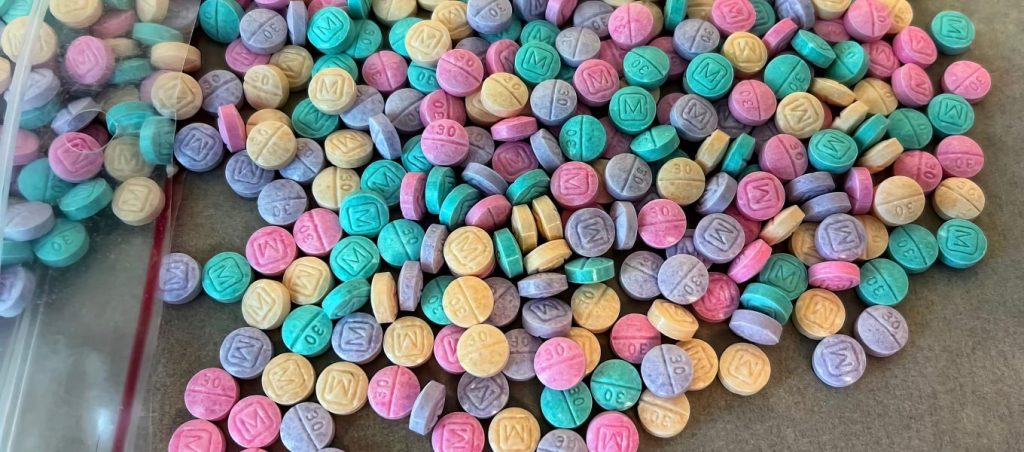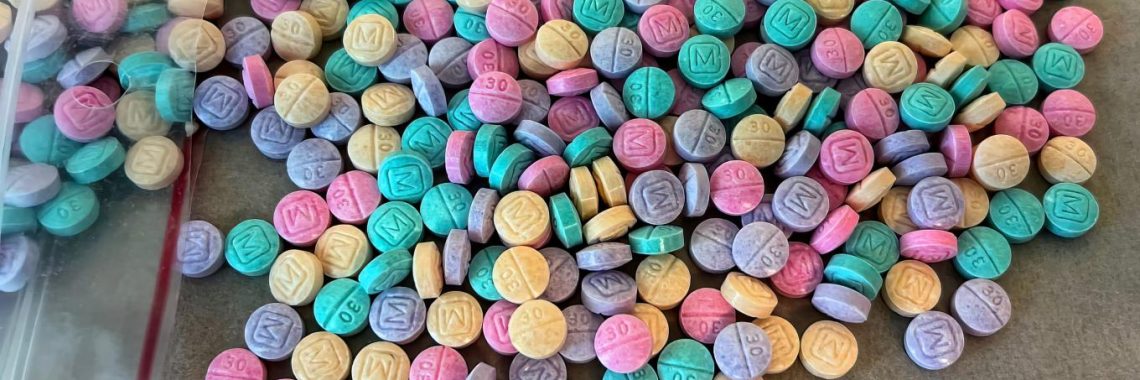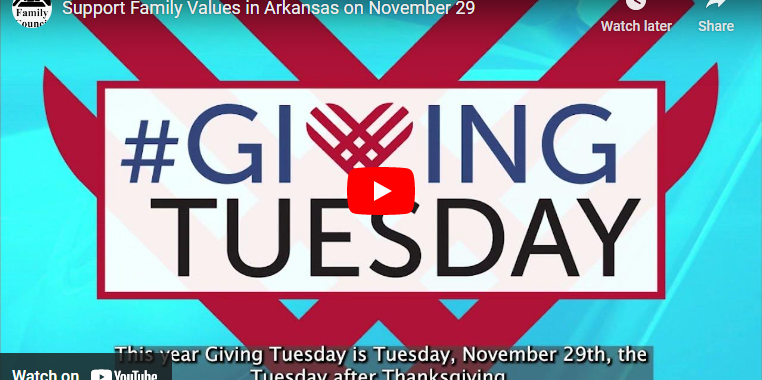U.S. Treasury Announces Sanctions Against Mexican Drug Cartel

On Thursday the U.S. Treasury Department issued sanctions against the La Nueva Familia Michoacana drug cartel from Mexico for smuggling illicit drugs — including “rainbow fentanyl” — across the United States.
The DEA reports that fentanyl is a synthetic opioid that is 50 times more potent than heroin and 100 times more potent than morphine. Two milligrams of fentanyl is considered a lethal dose. “Rainbow fentanyl” is brightly colored fentanyl pills and powder believed to appeal to children.
In a press release last week, Treasury Department leadership said, “Not only does this cartel traffic fentanyl, which claimed the lives of more than 71,000 Americans last year, it now markets ‘rainbow fentanyl’ as part of a deliberate effort to drive addiction amongst kids and young adults.”
Arkansas Attorney General Leslie Rutledge recently warned parents about the increase in “rainbow fentanyl” pills that look like candy. Earlier this month the FBI arrested 45 individuals believed to be tied to trafficking of fentanyl, marijuana, and other drugs in Arkansas.
In 2021 the legislature passed Act 887 making it a felony to unlawfully manufacture, possess, or deliver fentanyl in Arkansas.
Nationwide, drug cartels are funding their criminal enterprises by growing and selling marijuana and other drugs despite many states legalizing marijuana.
Across the board, drugs are a very serious issue plaguing Arkansas, and our state needs to address it.
Articles appearing on this website are written with the aid of Family Council’s researchers and writers.




